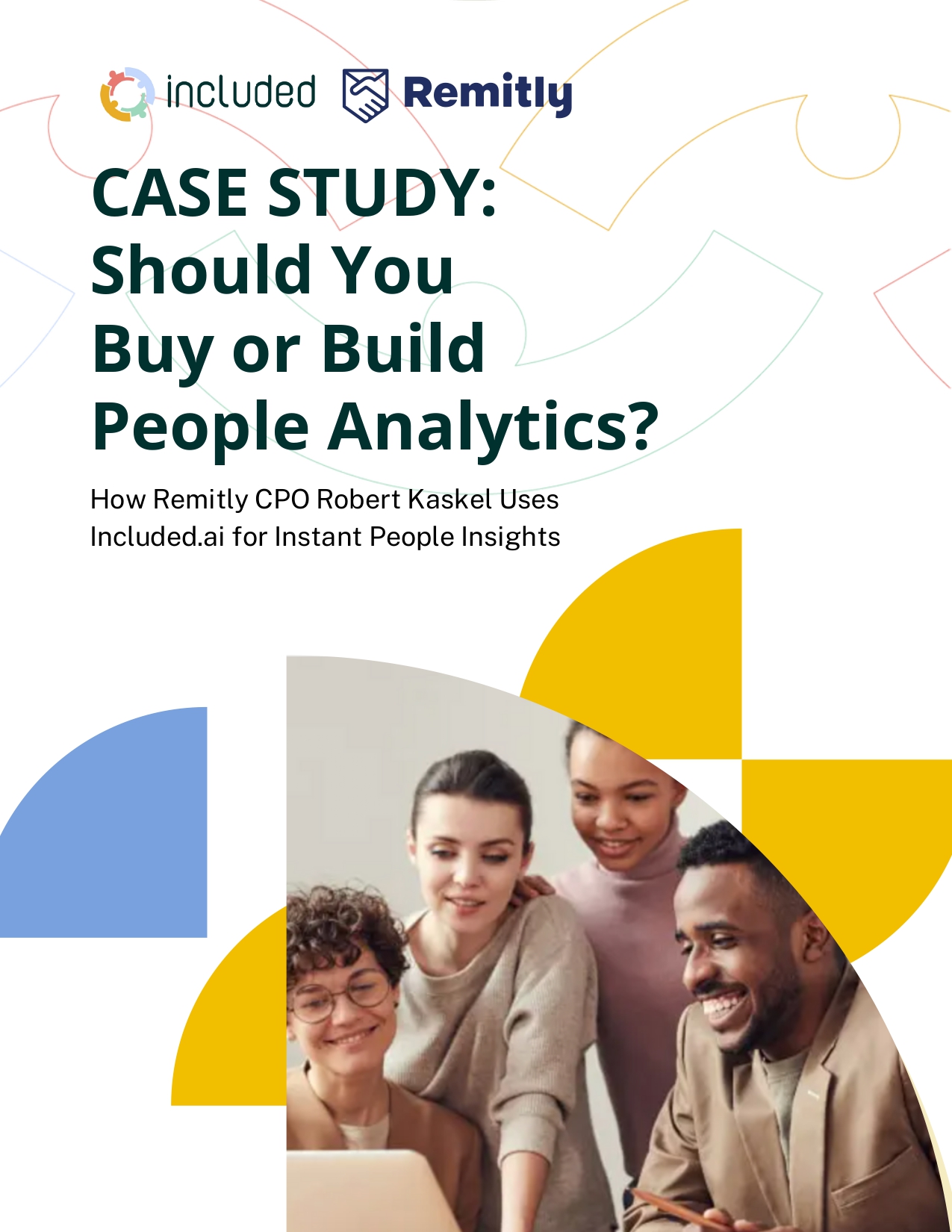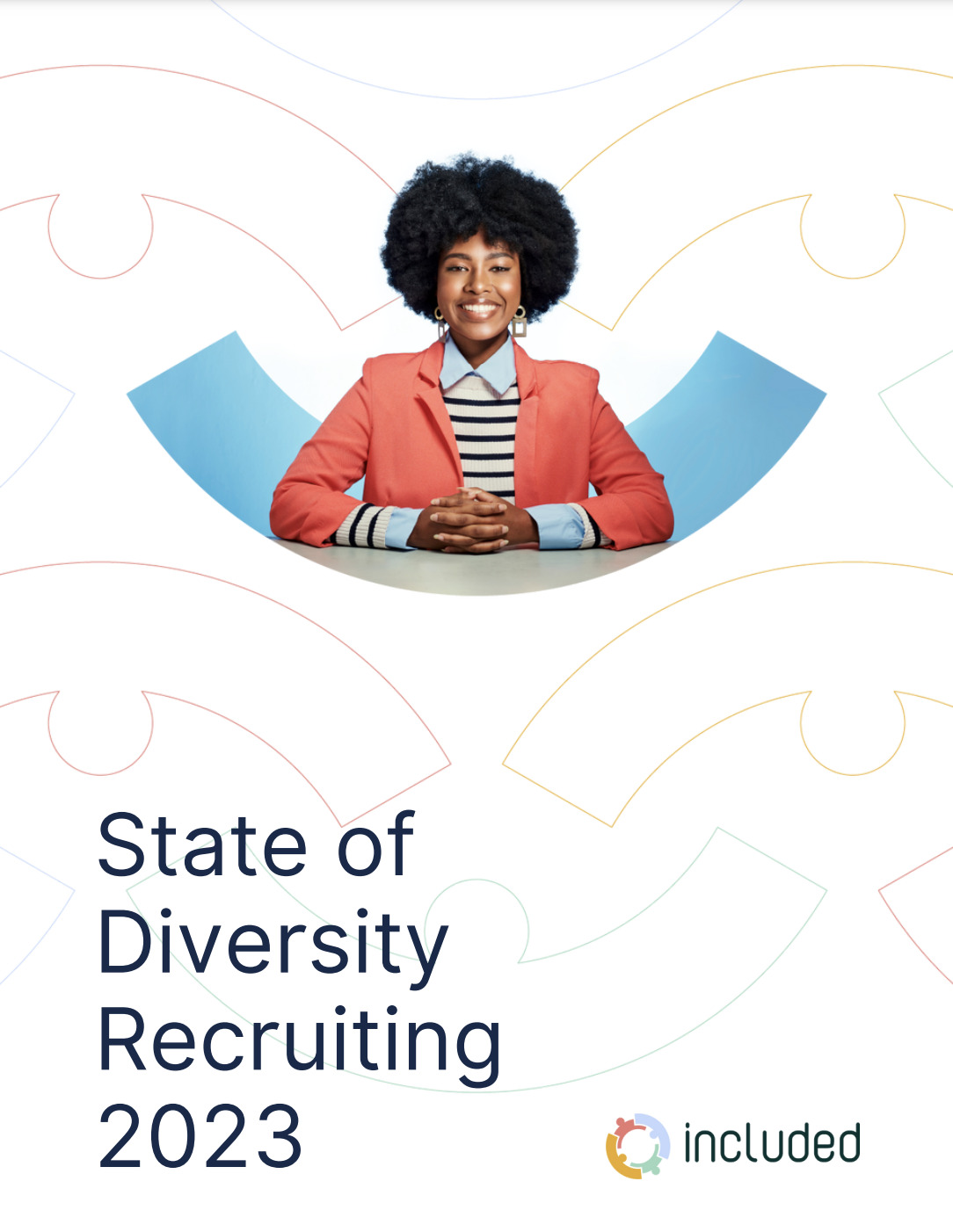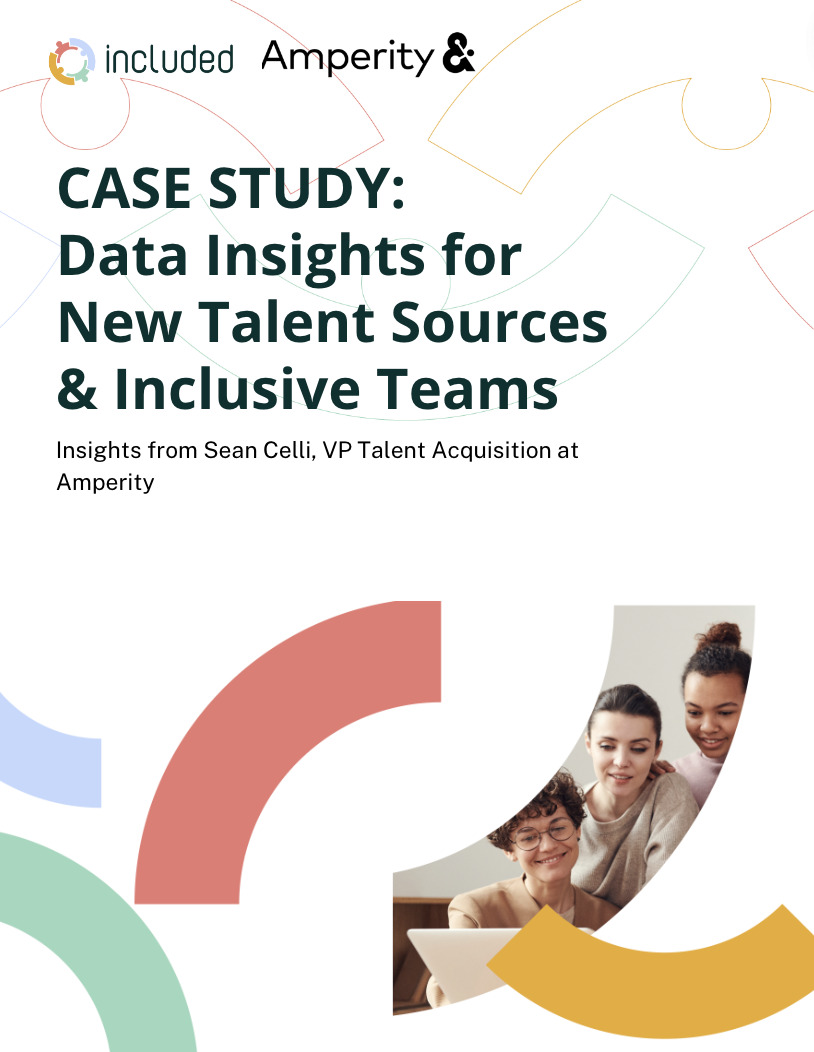As more organizations commit to building a diverse workforce, they also now spend significant time and energy collecting demographic data to understand the makeup of current employees. Despite the normalization of data collection, very few orgs have chosen to share those numbers publicly. As recently as 2017, only 3% of Fortune 500 companies published diversity statistics. While it’s not surprising that they would hesitate to disclose, given the deficiencies in the DEI data shared by that small group of companies, there are huge benefits to going public with your organization’s DEI numbers, warts and all.
Transparency is Accountability
Setting and meeting DEI goals requires the same rigorous, data-driven approach that is applied to any other OKR, and it requires a similar approach to getting buy-in from key stakeholders. But in this case, the key stakeholders will include people who may not yet have interacted with you: potential future hires.
Establishing a reputation as an organization that is truly committed to diversifying your workforce is vital to driving the recruitment flywheel. Thanks to platforms like Glassdoor, potential candidates can already take a look into the racial and gender makeup of organizational leadership. Disclosing DEI data offers a counter-narrative that lets them know your org is serious about making good on your commitment to diversity, even if the numbers aren’t quite there yet.
Accountability begins with taking honest account. Organizations that are serious about achieving some measure of diversity and equity must first put themselves in the vulnerable position of openly declaring that they see there is a problem. This isn’t a process that can or should be shrouded in secrecy. DEI isn’t just a set of KPI’s, it’s also about building trust with marginalized communities within the organization, your customer base, and in the general public.
Furthermore, the more specific the data you release, the better. “While there is some overlap in terms of how each business presents diversity data, the lack of standardization across the industry also makes it harder to evaluate their progress and hold companies accountable. None of the major tech companies seem to provide raw data, opting to use percentages instead. There’s also not enough clarity around how employees are categorized, from who counts as “leadership” to what qualifies as a technical job.”{Fast Company} This kind of obfuscation-by-vagueness allows companies like Amazon to claim to have a diverse workforce, when that “diversity” is largely composed of low-wage warehouse employees. While this technically qualifies as diversity, it certainly has nothing to do with equity. This bad-faith reporting is a surefire way to obliterate trust with BIPOC employees and potential recruits.
Shift the Strategy from Training to Action
Recent studies now show that diversity training has the power to shift attitudes, but only for 24-48 hours. Counterintuitively, they can even create a backlash effect of entrenching pre-existing biases. No one likes to feel like they’re being told how to think.
A more effective approach would be to focus on what is working and how the whole organization can work together to change. This requires input and buy-in at all levels.
Open sharing of DEI stats is a step toward full organizational buy-in, and reinforces diversity as a core value, resulting in a broader feeling of “belongingness.” Studies show that a high employee sense of belonging results in 56% percent more productivity and a 50% drop in turnover rates.
Publicly shared DEI data in the tech industry brought stark clarity to what women, POC, and gender-diverse folks in the field have long known: that tech has a big diversity problem. Having this data provides an opportunity not just to identify what’s wrong, but to highlight what is working and to build on those successes.
In the UK, a push to draw attention to the number of women serving on boards increased women’s representation on the boards of the FTSE 100 companies from 9% in 2011 to 33% in 2020. Increased attention to diversity success stories normalizes and paves the way for more equitable representation.
Additionally, shifting focus to de-biasing the organization as a whole allows us to use data to understand pain points, rather than relying on the squishier approach of educating individuals. For instance, the Included platform gathers all of your HR data and shows gaps and biases at crucial points in the recruitment pipeline.
Simply put, the numbers don’t lie. Are you failing to source women in the recruiting stage? Are the candidates diverse at the screening level but skewing whiter and more male for interviews? What is the demographic makeup of the field and how do your interviewees stack up to those numbers? These are just a few of the data points that can be illuminated by AI and that enable us to deliver customized, actionable recommendations.
It’s not hard to imagine a future where DEI numbers are as public as quarterly earnings, especially given that the SEC is considering requiring such disclosure from all publicly traded companies. It may not yet be standard operating procedure to measure and publicly release diversity statistics yet, but the profound impact those numbers have on productivity, profits, and public image indicates that it’s only a matter of time.
Values of diversity and inclusion are not just morally imperative, they are vital business imperatives as well. It’s in the best interest of any organization to commit fully to creating a workforce that reflects the world at large, and the first step of that commitment is to share how far they have yet to go.












